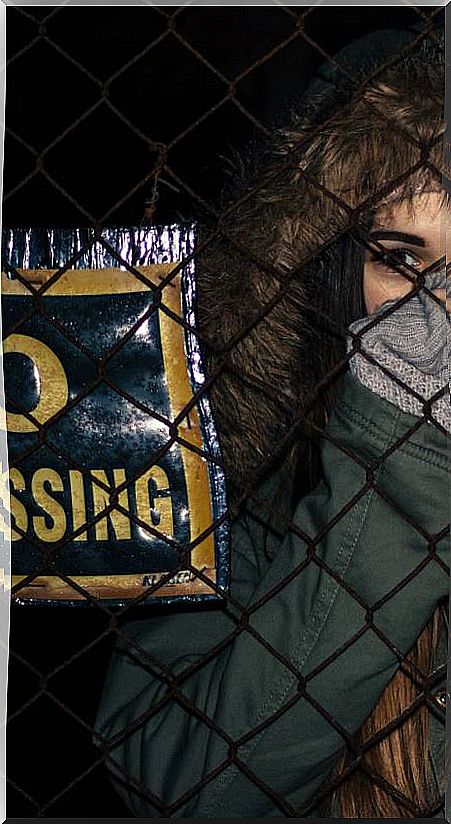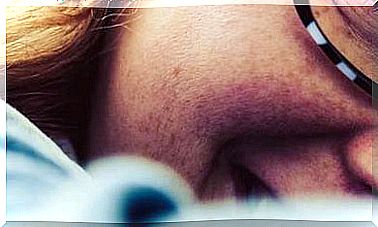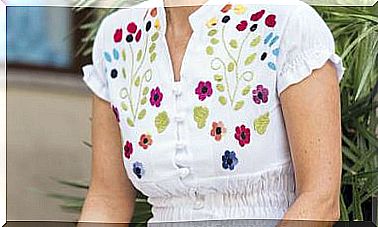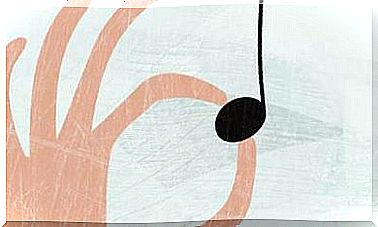Donald Trump Does Not Practice Mindfulness
The Melilla fence is an overwhelming monument to insensitivity, reminding us how different everything would be if we were born on the other side.

Last December I had the opportunity to briefly visit Melilla for the first time. The fence that surrounds the autonomous city is impressive, overwhelming, it leaves you speechless. A thick three-layered wire fence that hundreds of migrants try to cross every day.
It reminded me of the one I saw almost two years ago in Idomeni, on the border between Greece and Macedonia, where many refugees were blocked after arriving fleeing the Syrian war when Germany retracted its initial invitation and the European Union accepted the closure of some of its borders. “Our” fence is more circular, more professional, more intimidating.
It shocked me deeply, I couldn’t get it out of my head. I am not a political analyst, I do not understand economics or international law, I do not know how many of the dramatic situations that underlie the fence or both sides of it could be avoided or prevented.
I only know that I felt deeply uncomfortable seeing reality head-on and feeling, once again, that life placed me on the side of the privileged from the moment I was born in Europe. On the same side as that ostentatious golf course located next to the Melilla fence and that José Palazón portrayed so lucidly in an image that went around the world.
While in Melilla I was able to meet some of the “unaccompanied minors”, better known as MENAS, who reside there waiting to cross to the peninsula. Their looks, their stories, their sufferings, their tears, left me shrunken, worried, sad. I know something more about that: about the wounds left in the soul and in life by leaving as a boy or girl from your house, from your family, from your land.
Many of these young people have lived and known horrors far beyond what any of us can ever imagine. But the worst thing is that many have grown up practically alone.
Because of poverty, because of violence, because of war, they have not had the opportunity to be cared for, protected or consoled. They have moved forward alone, many have grown up on the streets of different African countries, their only references are their peers: other migrant kids.
Precisely because of their stories of abandonment, loss and trauma, many have difficulty creating bonds, showing empathy, and loving relationships. How could it not be like this?
I keep thinking of them these days when Helena Maleno is on trial for helping save the lives of migrants and Donald Trump continues to preside over the United States after showing his racism by insulting the poorest countries on earth. The words of Pope Francis insisting on the need to “welcome, protect, promote and integrate migrants and refugees” have seemed to me the most courageous that I have read in these days.
And yes, I know, it is an uncomfortable subject. Something that many people prefer – or prefer, I include myself – not to think about because they feel that, anyway, they can do nothing but feel bad or ashamed when they think about the treatment of innocent human beings.
Mindulness for empathy
Is there any use in talking about this in Mente Sana? A recent study that I just came across relieves me. It shows that with small Mindfulness exercises it is possible for people to be more empathetic and supportive with strangers who suffer exclusion.
They have investigated it in California through an experiment that included a brief training in mindfulness and a situation in which a stranger was observed suffering rejection and exclusion. Kirk Warren Brown, the study director said: “We wanted to test this with strangers because it is one thing for people to be nice to those they meet, and another thing to express kindness towards strangers. We felt this was particularly important in the social climate. and current politician “.
The result was that people who had trained mindfulness better regulated their emotions, they were not distressed when they saw that a stranger was being harassed and that allowed them to be present for the victims, being warmer and more willing to help.
I don’t think we can get Donald Trump to do mindfulness, but keeping in mind that many people betting on increasing their empathy is probably important to improve the situation of the poorest people on earth.
Welcoming and accepting, with mindfulness and training compassion, in order to later be able to heal. Only in this way will we be able to eliminate the walls and fences that separate and damage so much.









